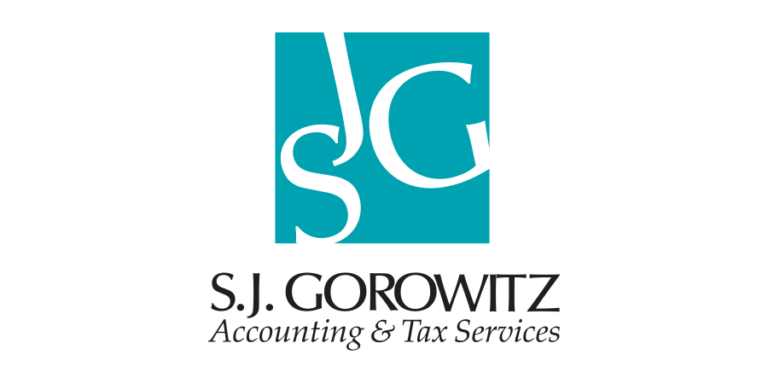When clients come to us at S.J. Gorowitz with questions about how to save on taxes, build wealth, or create a financial legacy, they’re often expecting technical solutions: deductions, depreciation strategies, or entity restructuring.
But one answer tends to surprise them: strategic charitable giving.
Giving to charity isn’t just a feel-good move – it’s a financially smart one. Whether you’re an entrepreneur, a high-income professional, or a family focused on building generational wealth, charitable contributions can play a meaningful role in both your tax planning and your long-term financial goals.
In this blog, we’ll explore why giving is so powerful, how it benefits you financially, and how to start thinking about it as a core part of your planning.
Why charitable giving works – financially
Giving reduces taxable income, helps you manage your cash flow, and supports causes aligned with your values. But beyond that, giving tends to create a wealth-building mindset. It helps shift your focus from scarcity, the fear of not having enough, to stewardship, where your money becomes a tool for intentional impact. And when you stop seeing money as something to tightly control and start seeing it as something to manage wisely, you open the door to smarter planning, clearer priorities, and often, greater financial outcomes.
Here’s why charitable giving can make financial sense:
- It’s tax deductible: Donations to qualified 501(c)(3) nonprofits can reduce your taxable income if you itemize deductions.
- It’s timing friendly: Charitable gifts can be strategically timed before year-end to optimize your tax position.
- It aligns with legacy goals: For families and philanthropists, giving supports long-term impact and can be integrated into estate planning.
- It creates financial accountability: Regular giving often leads to clearer budgeting, better planning, and more intentional money management.
How charitable giving helps you save on taxes
Here are a few ways to leverage charitable contributions within your financial strategy:
- Itemized deductions: If you itemize your deductions, your charitable contributions may reduce your overall taxable income.
- Donor-advised funds (DAFs): These allow you to donate assets (cash, stocks, etc.), receive an immediate tax deduction, and distribute the funds to nonprofits over time.
- Appreciated asset donations: Donating appreciated stocks or property allows you to avoid capital gains tax while still receiving a deduction for the full fair market value.
- Qualified charitable distributions (QCDs): For those over the age of 70, QCDs from IRAs can satisfy required minimum distributions (RMDs) without increasing taxable income.
Final thought: giving is a strategy – not just a donation
Giving isn’t just about generosity. It’s a deliberate, powerful financial decision that can help you reduce your tax bill, focus your finances, and support the causes that matter most to you.
At S.J. Gorowitz, we help clients integrate charitable giving into their tax strategy, business planning, and long-term financial goals — in a way that’s both practical and personalized.
Watch our video about charitable giving here.
Want to explore which giving strategy fits your financial situation? Our team can walk you through the best options for maximizing both impact and benefit. Contact us today.
























